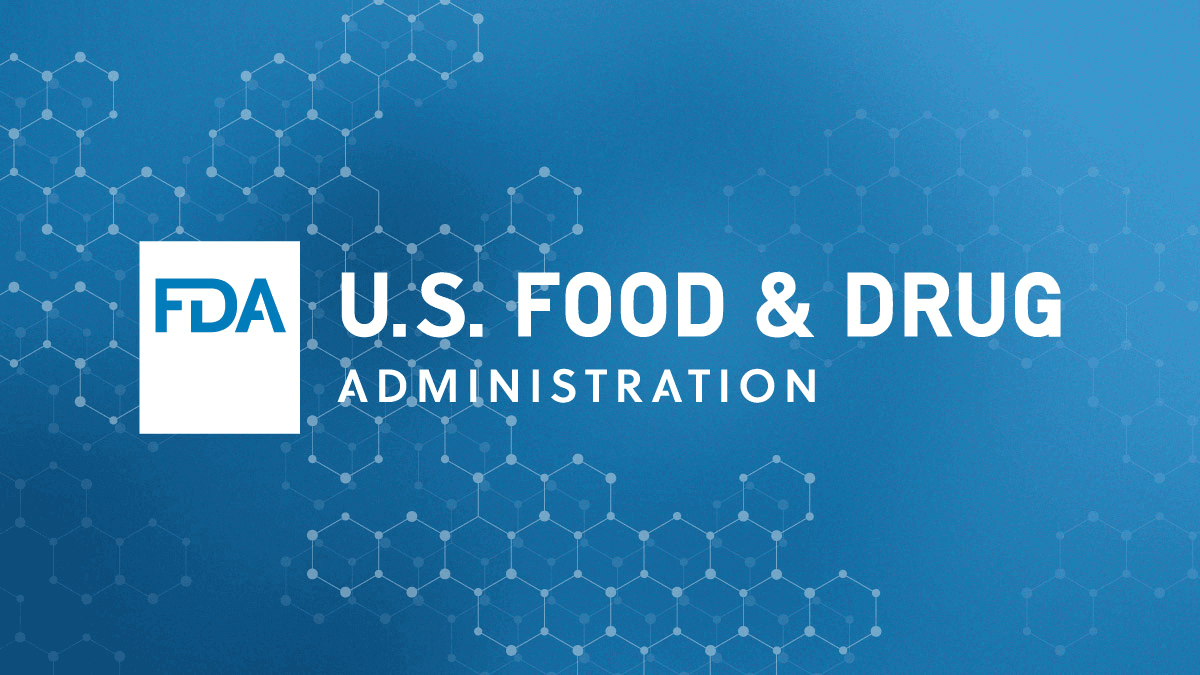akflightmedic
Forum Deputy Chief
- 3,915
- 2,599
- 113
I cannot recall, but are any of you CA RNs?
I know there is many opinions on combining these two drugs, and I do not care to debate the pros and cons of such. I am seeking factual information which supports or refutes that this is "illegal in CA as it is considered compounding which is not in RN Scope for CA".
I have been googling my butt off but cannot find the information one way or another. Are any of you CA RNs aware of this? Or if any other license levels know about this? Can a Paramedic mix them pre-hospital?
By mix, I mean draw up morphine and zofran in same syringe for single administration as opposed to two separate pushes.
Thanks
I know there is many opinions on combining these two drugs, and I do not care to debate the pros and cons of such. I am seeking factual information which supports or refutes that this is "illegal in CA as it is considered compounding which is not in RN Scope for CA".
I have been googling my butt off but cannot find the information one way or another. Are any of you CA RNs aware of this? Or if any other license levels know about this? Can a Paramedic mix them pre-hospital?
By mix, I mean draw up morphine and zofran in same syringe for single administration as opposed to two separate pushes.
Thanks

